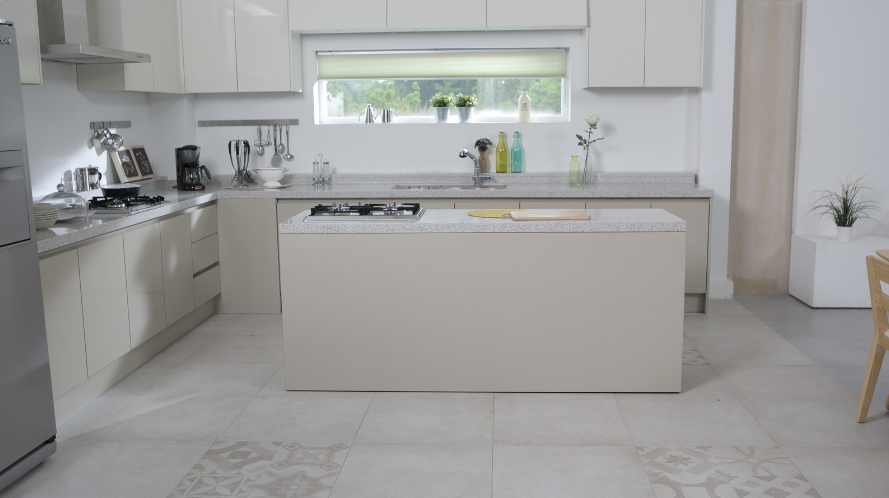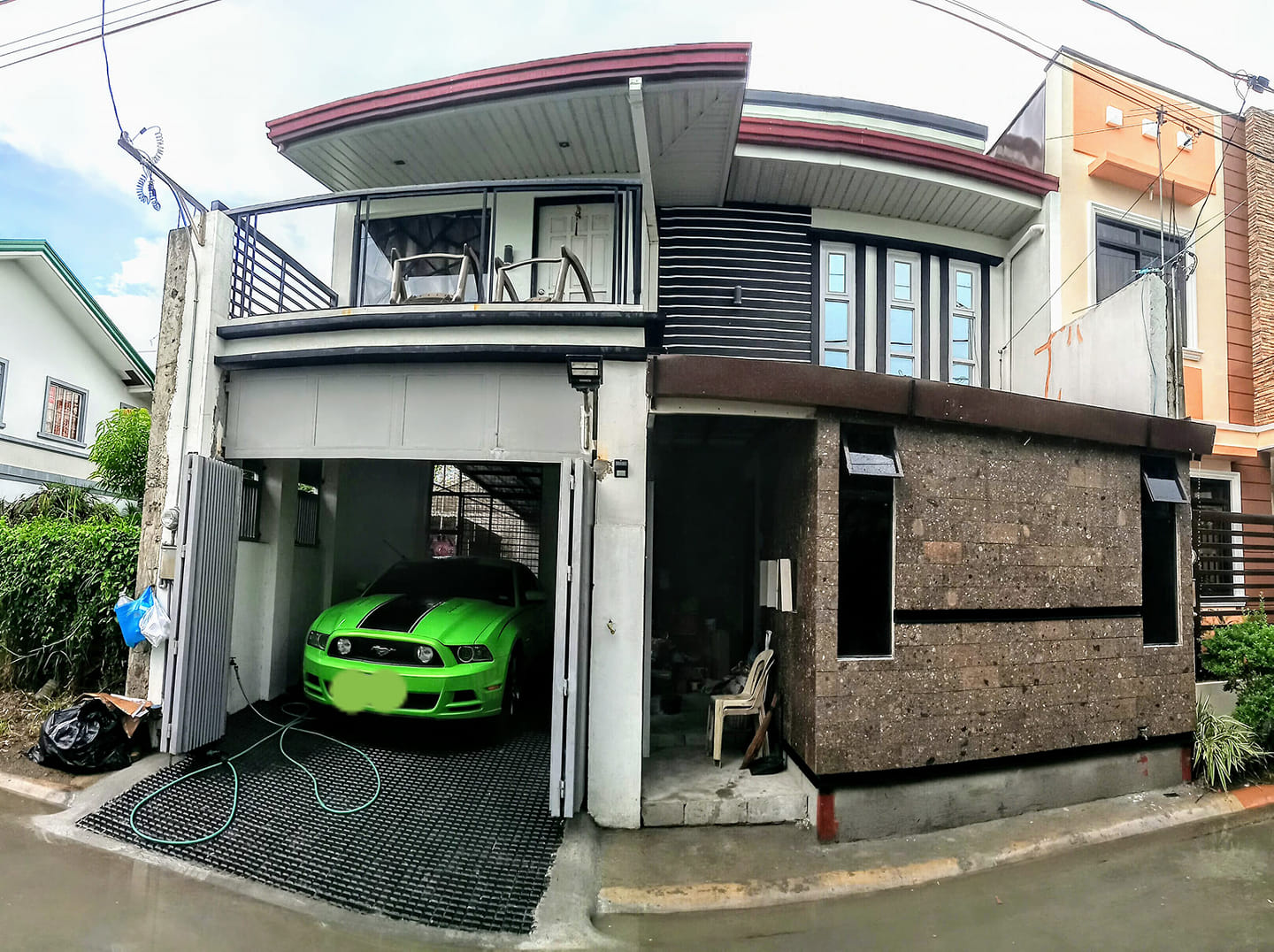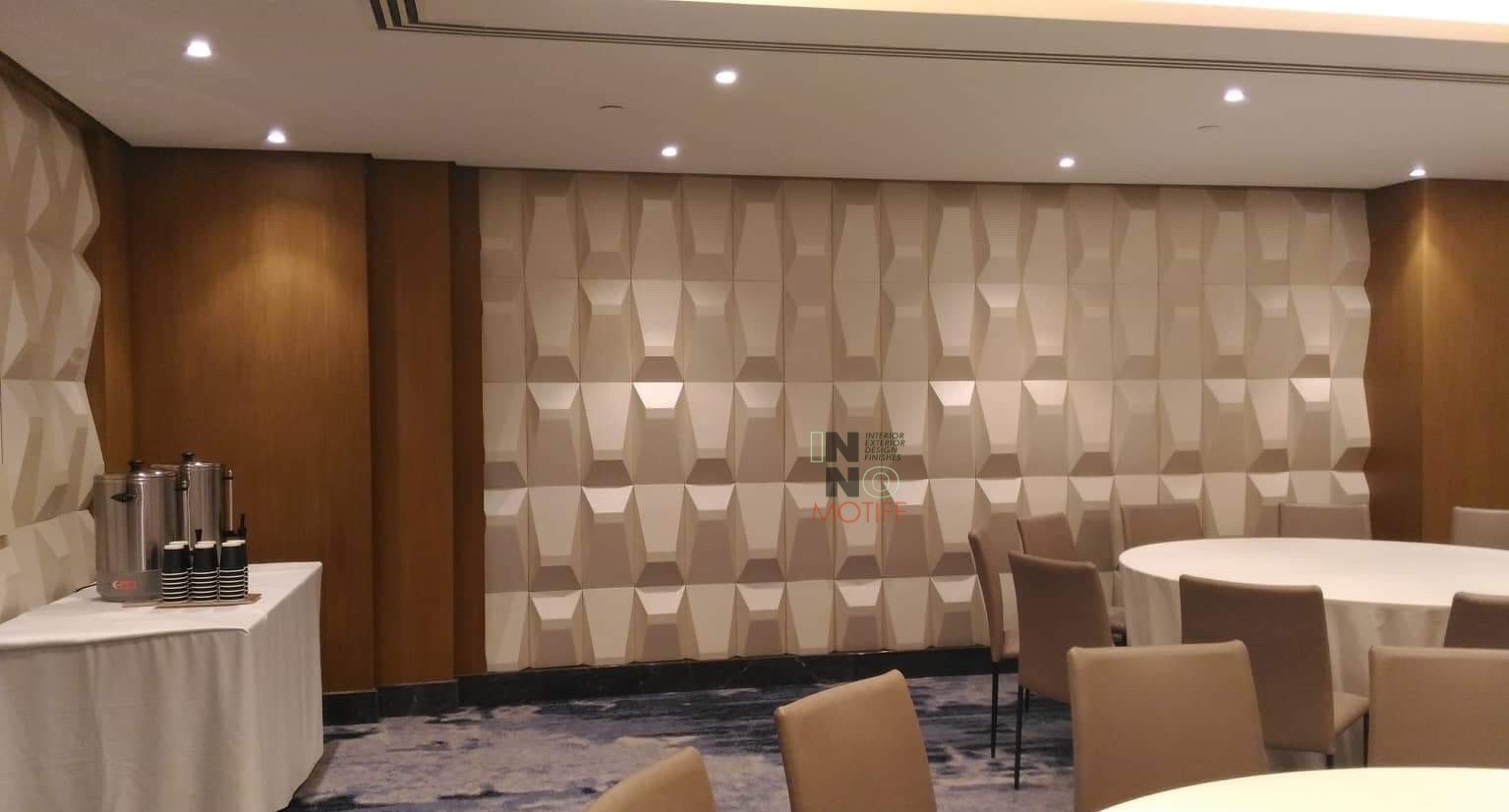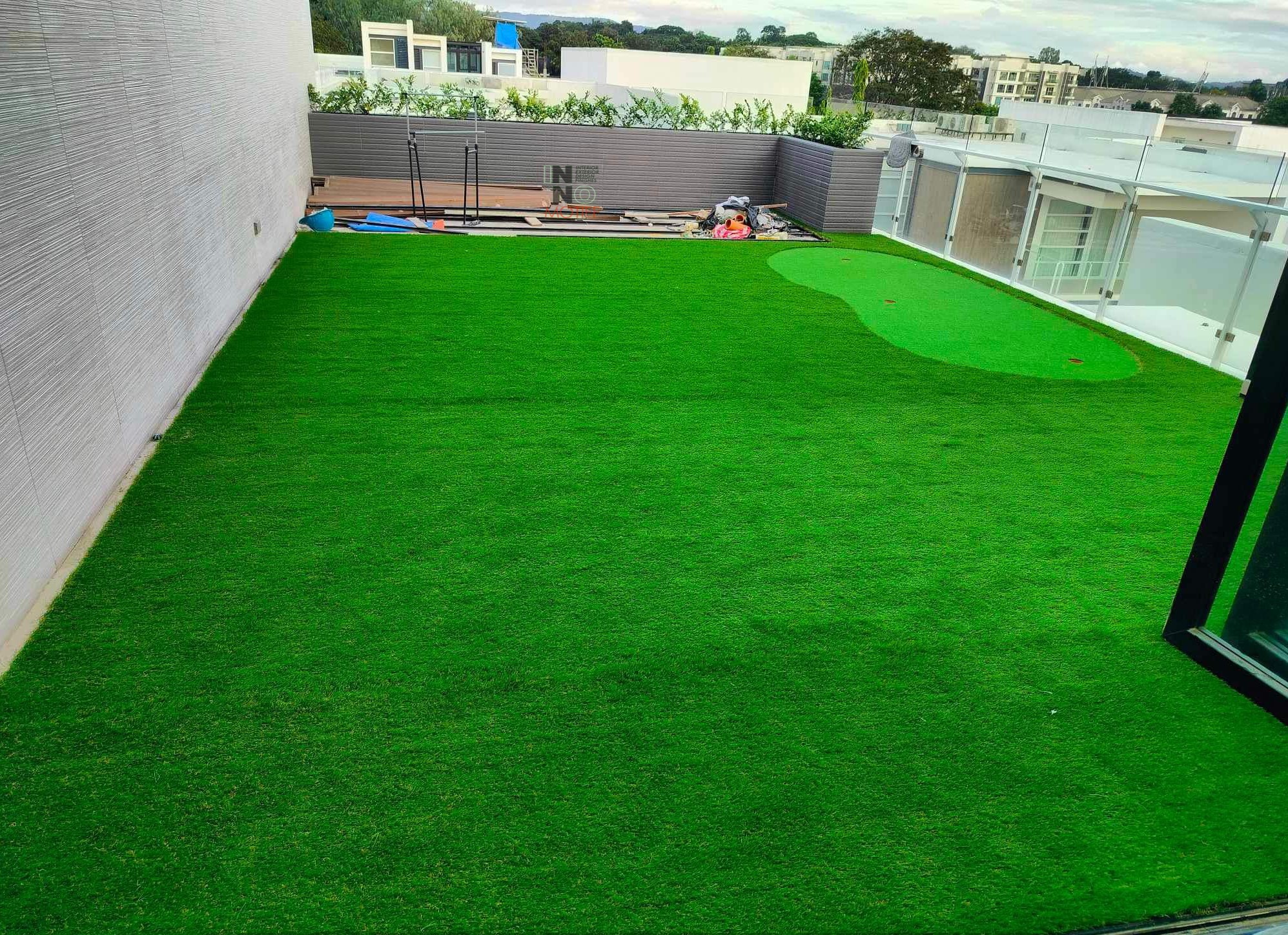Maintaining pristine kitchen floors isn’t just about aesthetics; it’s also crucial for hygiene and safety. Stubborn stains can mar the appearance of your kitchen and become breeding grounds for bacteria. Learning effective kitchen floor descaling techniques ensures your floors remain clean and safe for your family.
Understanding Different Types of Kitchen Floor Materials
Kitchen floors come in various materials such as tile, hardwood, and vinyl, each requiring specific care methods. Effective kitchen floor descaling depends on understanding these materials and how stains interact with them.
Preparing for Stain Removal
Before tackling stains, gather essential tools like a broom, vacuum, mop, and appropriate cleaning solutions. Safety first: ensure proper ventilation and use gloves when handling chemicals for kitchen floor descaling.
General Stain Removal Techniques
Begin with sweeping and vacuuming to remove loose dirt and debris. For kitchen floor descaling, mop using warm water and a mild detergent. Vinegar solution can effectively tackle stubborn stains without damaging floor surfaces.
Specific Techniques for Different Stain Types
Grease Stains: Combat grease stains with dish soap or a grease-cutting detergent. A soft brush aids in kitchen floor descaling without scratching surfaces.
Coffee or Tea Stains: Create a paste with baking soda and water to lift these stains. For acidic stains, like those from coffee or tea, vinegar is a potent kitchen floor descaling agent.
Wine or Juice Stains: Blot these stains immediately with paper towels. Apply a hydrogen peroxide solution for effective kitchen floor descaling.
Dealing with Stubborn and Old Stains
For deep-seated stains, consider steam cleaning. Commercial cleaners formulated for specific floor types offer robust solutions for kitchen floor descaling.
Natural and Eco-Friendly Solutions
Harness the power of natural ingredients for kitchen floor descaling. Lemon juice and baking soda are effective allies in stain removal without harsh chemicals.
Maintaining Clean Floors and Preventing Future Stains
Regular maintenance is key to preventing stubborn stains. Sweep daily and mop weekly to keep your floors pristine. Placing rugs in high-traffic areas minimizes potential stains, ensuring easier kitchen floor descaling.
Takeaway
Mastering kitchen floor descaling techniques ensures your kitchen floors remain spotless and hygienic. By following these methods, you’ll effectively combat stubborn stains and maintain a clean kitchen environment for your family’s well-being.










